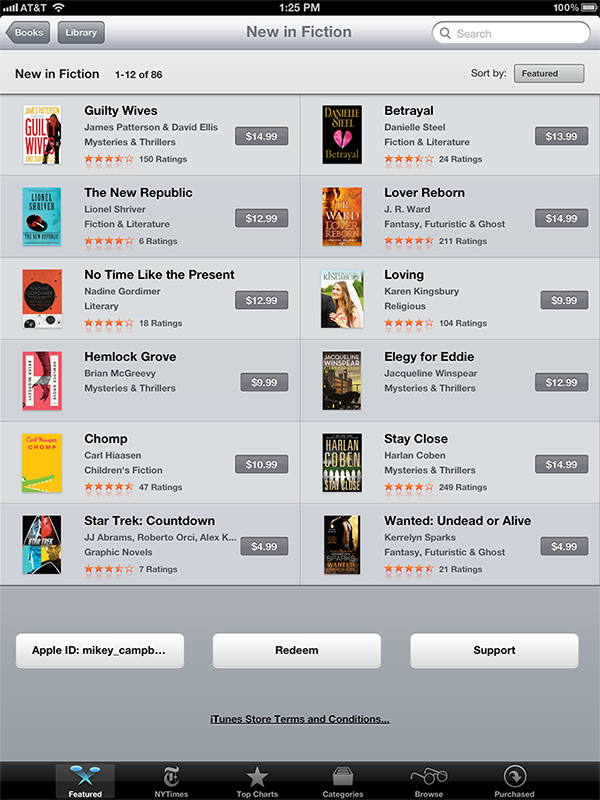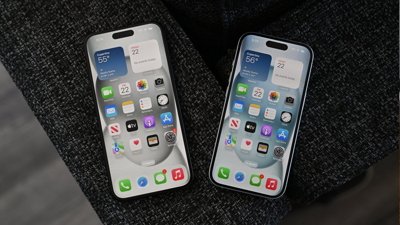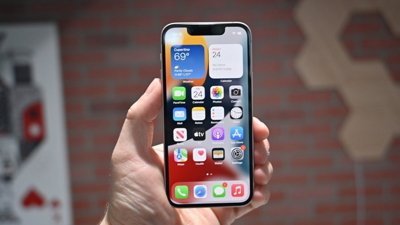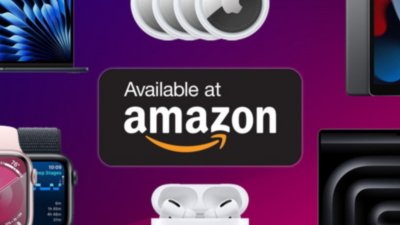Apple may settle DoJ e-book investigation in coming weeks
Citing two sources familiar with the matter, Reuters reported on Friday that Apple and the DoJ are closing in on a settlement deal that could take place within the next few weeks.
Apple is suspected of colluding with five major publishers to illegally inflate the price of e-books offered through its iBooks store, a matter that is already under investigation by the European Commission.
The sources say that, while negotiations are still active, Apple may concede its so-called "most favored nation" clause which blocked publishers from selling their wares through other online outlets like Amazon. The iPhone maker faced similar scrutiny over its business model in early 2011 when the DoJ and FTC looked into the App Store's terms and conditions for subscriptions.
In 2011, a class action suit was brought against Apple over e-book price fixing, and the Cupertino, Calif., company asked for a dismissal earlier in March saying that the claims were unfounded.
iBooks pricing is based on the "agency model" currently being investigated by the DoJ. | Source: Apple
One of the unnamed sources said that the alleged upcoming deal could force Apple to use a "wholesale model," and thus place pricing control power in the hands of retailers instead of publishers. Under this system, taken from the sales model used in physical distribution, publishers sell books to a retailer that then sets a price accordingly.
"It would be a positive for Amazon because the company's greatest strength is as a high-volume, low-price retailer and the wholesale model plays into that," said analyst Jim Friedland from Cowen & Co.
Amazon used the wholesale model when it first began selling e-books, allowing the company to offer publications at prices below cost to allure customers. This ended when Apple entered the market and inked the "most favored nation" agreements with five of the six largest publishers in the world.
The publishers in question, Simon & Schuster, Hachette, Penguin, Macmillan and HarperCollins entered into an "agency model" that allowed them to set e-book prices while giving Apple its traditional 30 percent share of sales.
If Apple were to settle, the company would not see much change to its bottom line e-book sales make up only a fraction of its total revenue, which was over $108 billion in 2011.
According to Cowen & Co. estimates, Amazon still leads the e-book market with a 65 percent share and is trailed by Barnes & Noble and Apple, which have a 20 percent and 10 percent share, respectively.
 AppleInsider Staff
AppleInsider Staff











 Malcolm Owen
Malcolm Owen
 Amber Neely
Amber Neely

 William Gallagher
William Gallagher


 Andrew Orr
Andrew Orr
 Christine McKee
Christine McKee







